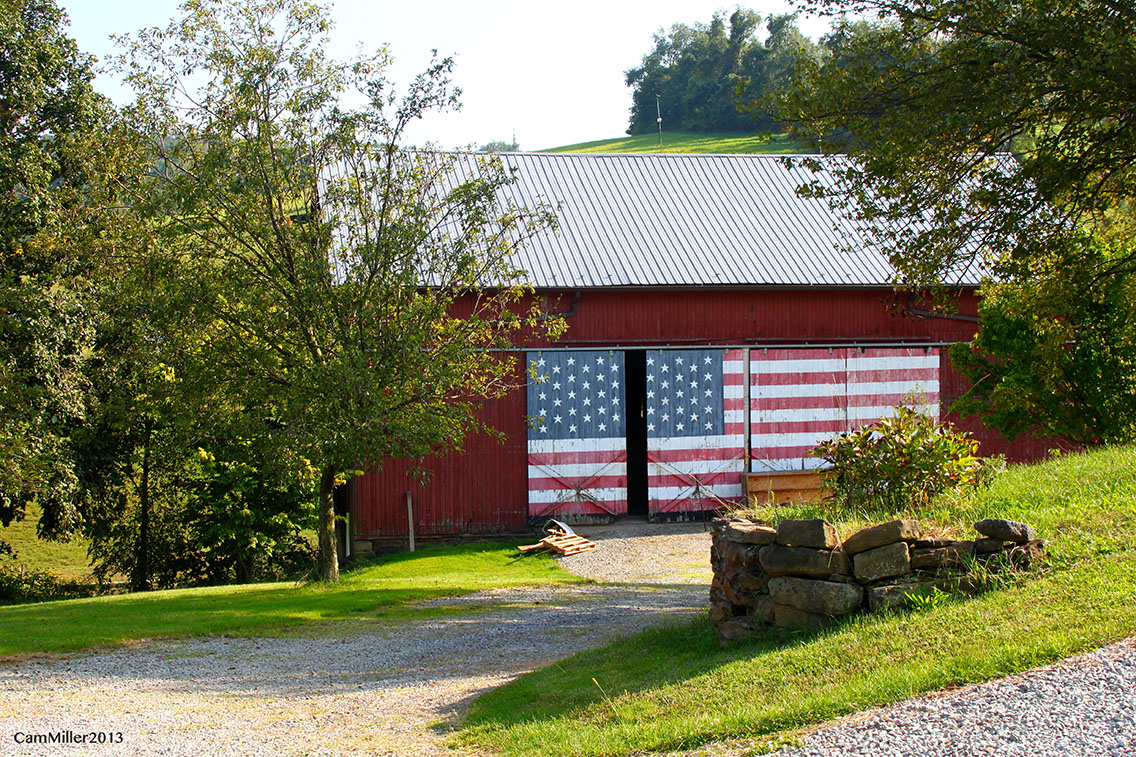These nonprofits devoted to helping independent American farmers are a great place to start.

“The mood in the countryside was one of helplessness,” recalls Roger Allison, a Missouri farmer and rural organizer who fought the USDA in federal court over attempts to foreclose on his land. “We were up against the government. Farmers…deprived themselves and their families of food, electricity – the very basics – just trying to pay the debt.”
It’s a sad state of affairs that John Mellencamp lamented in his 1985 protest anthem, “Rain on the Scarecrow,” with lyrics like: “The crops we grew last summer weren’t enough to pay the loans/Couldn’t buy the seed to plant this spring and the farmers bank foreclosed.”
We’ve made some progress since then, but the plight of the family farmer is far from over. Looking to get involved? These nonprofit organizations are Modern Farmer approved and ready for your help.
[mf_h2 align=”left” transform=”uppercase”]Farm Aid[/mf_h2]
The same year Mellencamp’s Scarecrow album reached number two on the Billboard charts, the musician joined forces with Willie Nelson and Neil Young to organize the first Farm Aid concert, held in Champaign, Illinois, on September 22nd, 1985 – a few months after Bob Dylan took the stage at Live Aid and said, “I hope that some of the money…one or two million, maybe… [could go] to pay the mortgages on some of the farms and, the farmers here, owe to the banks.” Dylan also performed at that first Farm Aid concert, along with Tom Petty, Loretta Lynn, B.B. King, and many others, ultimately raising $7 million. Farm Aid distributed the funds to Missouri Rural Crisis Center (MRCC), an organization that aims to preserve family farms and promote stewardship, as well as Farmers’ Legal Action Group, the nonprofit that fought the federal government leading to the halt of thousands of farm foreclosures. Of course, Farm Aid now does much more than concerts. It works with local, regional, and national organizations to bolster family farm-centered agriculture. The nonprofit also runs Farmer Resource Network, which connects farmers with supportive organizations. To get involved, visit farmaid.org.
[mf_h2 align=”left” transform=”uppercase”]National Family Farm Coalition[/mf_h2]
Founded in 1986, National Family Farm Coalition (NFFC) seeks to empower family farmers by reducing corporate control of agriculture and promoting more socially just farm and food policies. The Coalition, made up of 25 grassroots organizations representing 32 states, works alongside partner groups like Farm Aid and Rural Coalition to bring the voices of family farmers to Washington. NFFC was one of the main forces behind the Agricultural Credit Act of 1987, which allowed 70,000 farmers to restructure their loans and stay on their farms. In coordination with Farmers’ Legal Action Group, NFFC also conducted a series of training sessions for farm leaders and advocates, provided tools to assist farmers with credit problems, and helped them secure their rights under the new law. To get involved, visit nffc.net.
[mf_h2 align=”left” transform=”uppercase”]FamilyFarmed[/mf_h2]
Since 1996, FamilyFarmed (FF) has been committed to expanding the production, marketing, and distribution of locally grown, responsibly produced food. To that aim, the organization emphasizes education, and has trained over 11,000 farmers from 40 states. In 2004, FF launched the Good Food Festival & Conference, the nation’s oldest and biggest trade show focused entirely on local and sustainably produced food. The nonprofit’s Good Food Financing & Innovation Conference and Good Food Business Accelerator programs have helped facilitate at least $36 million in equity and debt-funding for small food businesses. FF’s newest program, Direct Market Success, focuses on the needs of young and beginning farmers, most of whom sell direct to consumers. To get involved, visit familyfarmed.org.
[mf_h2 align=”left” transform=”uppercase”]Rural Advancement Foundation International[/mf_h2]
This nonprofit traces its roots back to the 1930s, when a group of North Carolina tenant farmers organized to demand fair treatment. Since then, Rural Advancement Foundation International has broadened its focus to ensure that farmers everywhere are respected, protected, and valued by society. Through its Farm Sustainability program, RAFI advocates for policies that help farmers attain greater financial stability. Between 2010 and 2013, the initiative helped more than 250 family farmers preserve about $50 million in farm assets. And RAFI’s Agricultural Reinvestment Fund grant program has distributed more than $6 million in funds to agricultural communities. To get involved, visit rafiusa.org.